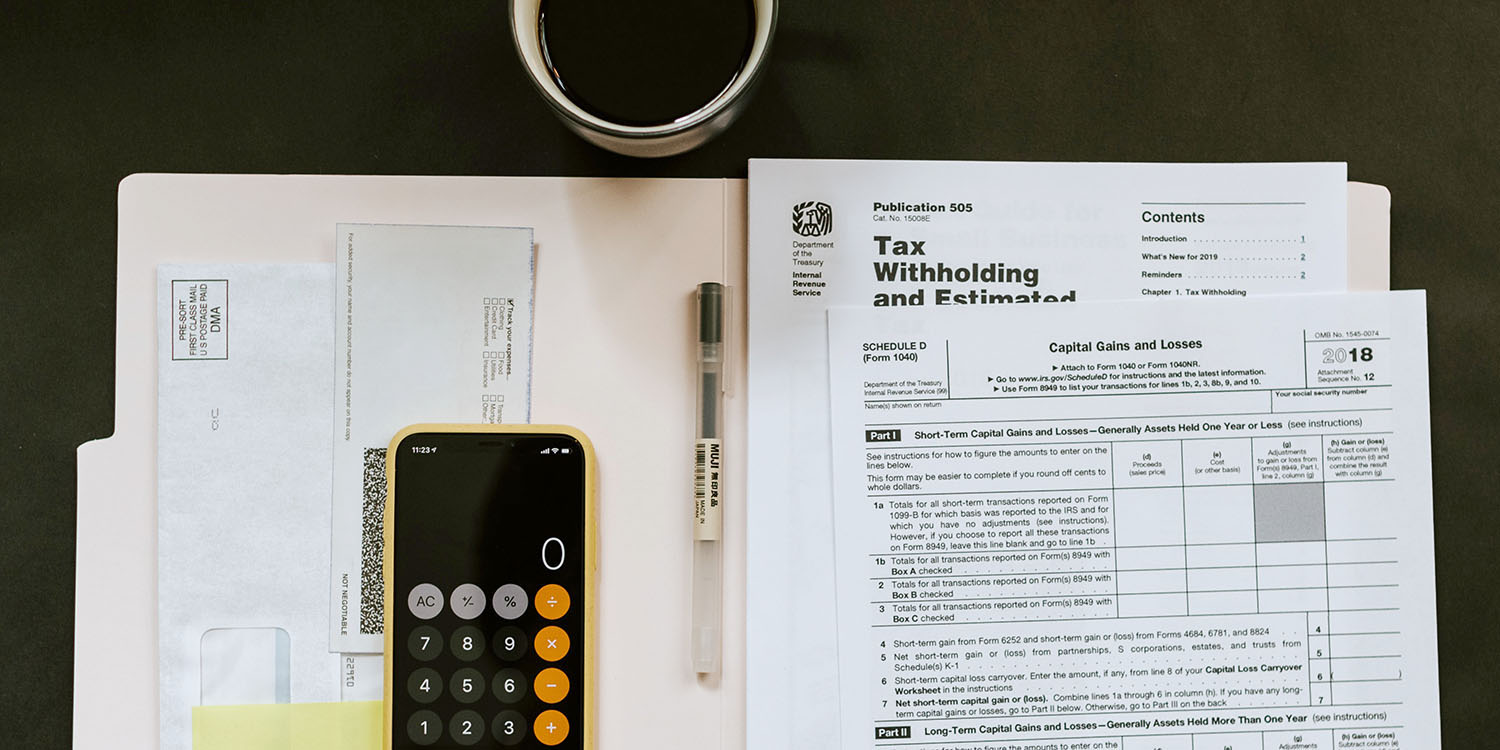
The outcome of the long-running Irish tax battle between Apple and the European Commission will be decided by Europe’s highest court, after the EC lodged a final appeal against the ruling that the iPhone maker is not liable for underpaid tax in Ireland.
All parties have now presented their arguments, and we await a ruling on whether or not Apple will have to hand over €13B ($14B) in underpaid taxes …
Apple’s Irish tax battle: The story so far
When Apple was looking for a European headquarters, it made arrangements to use an accounting mechanism which would mean that it could avoid paying corporation tax on its sales in 27 European countries. All profits would be funneled through to its European HQ.
The company then sought out a country which would allow it to pay minimal taxes there. Ireland agreed to arrangements which would result in an effective tax rate of around 2%. This is known as a ‘sweetheart’ tax deal, where a government offers a special arrangement to a large company because it wants the tax revenue and jobs arising from being based there.
The EC took the Irish government to court, arguing that the sweetheart deal was illegal. The EC won the case, and Ireland was ordered to collect €13B ($14B) from Apple in underpaid tax.
Things didn’t end there: both the Irish government and Apple appealed the ruling, and they won. The EC then appealed that decision, taking the case to the equivalent of the US Supreme Court, the European Court of Justice.
The tax-avoidance scheme used by Apple
Normally, if I wander in to a UK Apple Store and buy an iPhone, Apple would pay UK corporation tax on the profits from that sale. The rate has varied slightly over the years, but is around 19%. The same would be true of sales in each other European country, with similar rates applying.
What Apple did, however, was to arrange things such that – on paper – no profit was made in any European country, except Ireland. The way this scheme worked was:
- Apple Inc in the US sold Apple Ireland a licence to make and sell iPhones in Europe
- Apple Ireland then sold iPhones to Apple France, Apple Italy, etc
- It charged those European companies almost the full retail price of the iPhone
- That means none of the Apple Stores in Europe made a profit, so paid no corporation tax
- All the profit was made in Ireland, and a sweetheart deal meant it paid very little tax there
It should be stressed that Apple was operating within the law: the scheme was one of tax avoidance (which is legal) rather than tax evasion (which is not). Other US companies like Amazon and Starbucks were using almost-identical schemes.
After this became public, however, there was public outrage at large US companies avoiding paying any taxes in European countries, while small businesses had to pay their full share. That controversy led Apple to cease using this structure, and it now pays tax in each of the countries in which it operates.
The final appeal
The General Court said the EC had not proved that Apple received an unfair advantage, effectively criticising regulators for failing to provide sufficient evidence. The EC took a long time to consider its options, before filing an appeal with the European Court of Justice (ECJ).
That hearing took place yesterday, with the EC arguing that the lower court had make a mistake in interpreting the law.
Unfortunately, as Reuters notes, the EC appears to be on shaky ground. While it initially won similar cases against three other companies, all were overturned on appeal.
The EU competition enforcer has suffered court losses in recent months to challenges by automaker Stellantis, Amazon, and Starbucks, although it had a legal victory when the CJEU in September took its side in a Belgian tax break case against a group of multinationals.
Apple says it has paid all the taxes owing in each country, and that it paid US tax when repatriating those profits from Ireland.
Outcome won’t be known before November
The earliest indication on the result of this final appeal will be on November 9, and the judgement will follow at some point afterwards.
CJEU Advocate General Giovanni Pitruzzella will give a non-binding opinion on Nov. 9, followed by the Court’s ruling.
But things are changing either way
Apple ceased using the tax scheme after it became public; Ireland has stopped offering sweetheart tax deals (with Luxembourg and the Netherlands also ceasing their similar ones); and good progress is being made on a global deal for large companies to pay tax in each of the countries in which they operate.
Apple CEO Tim Cook is on record as favoring a global tax deal.
FTC: We use income earning auto affiliate links. More.




